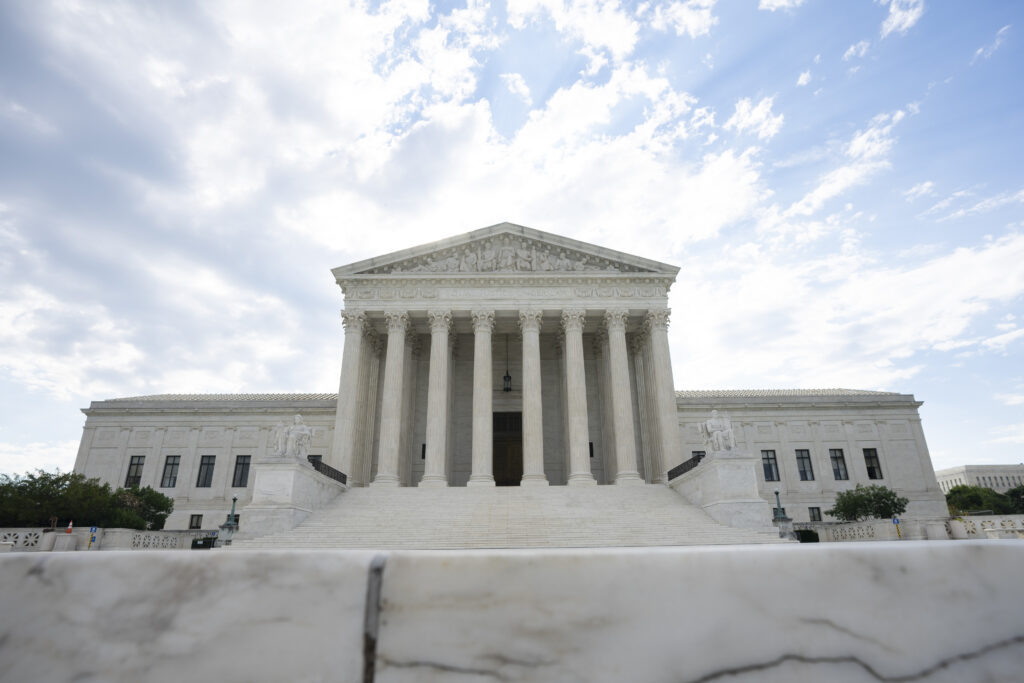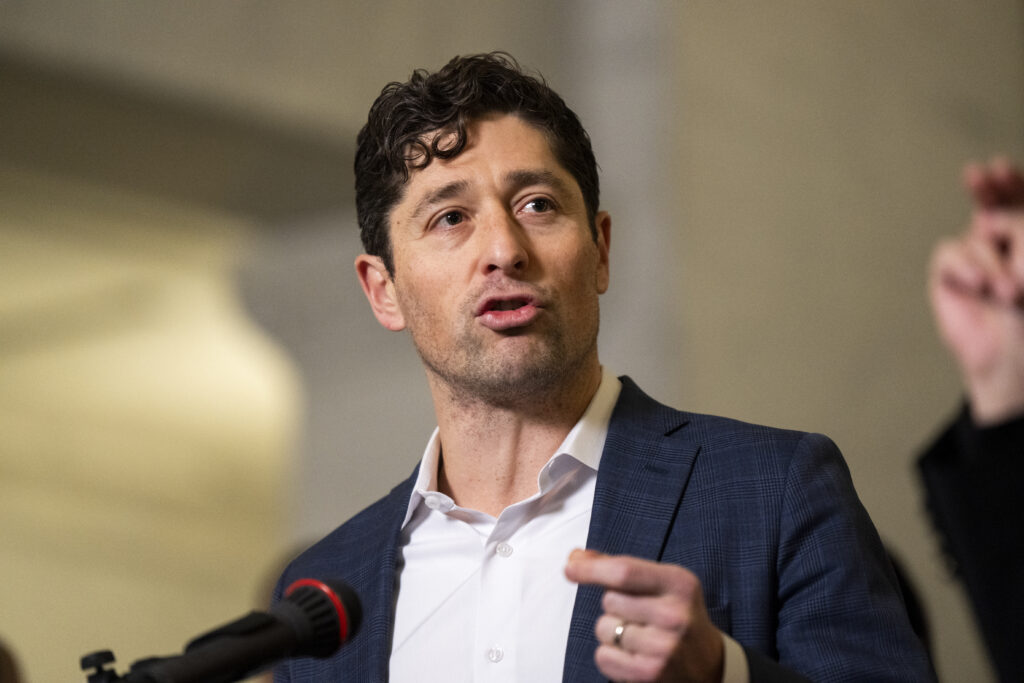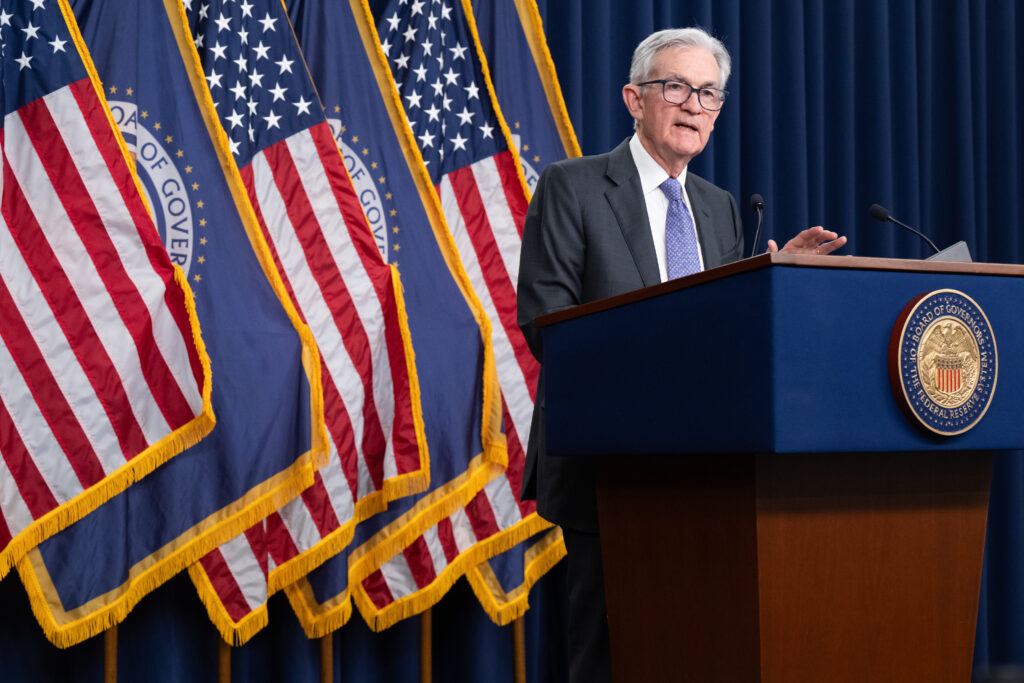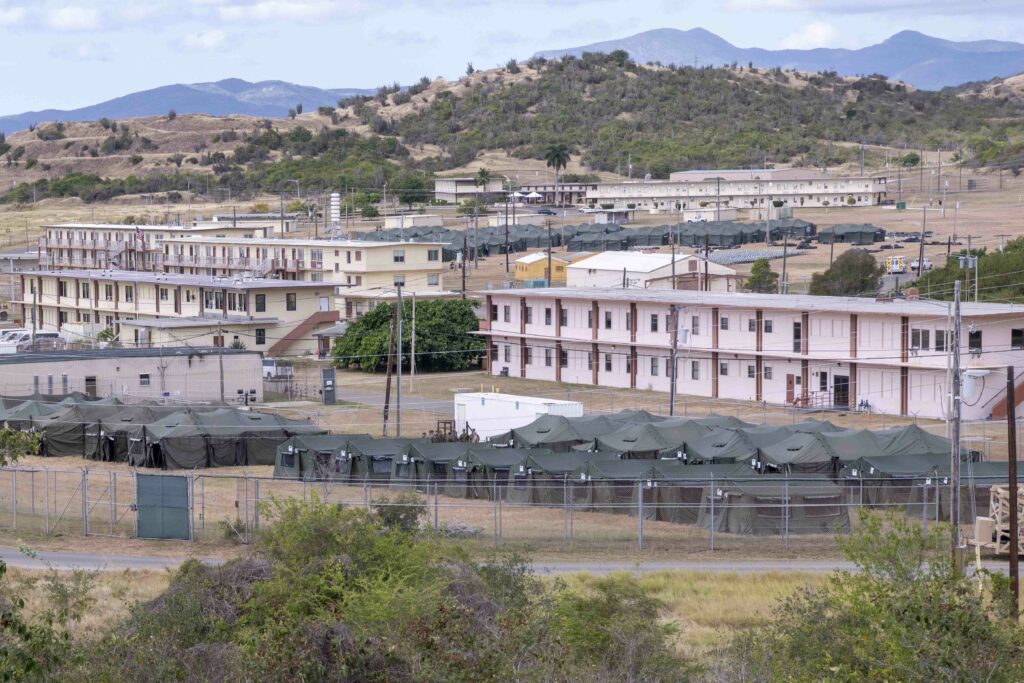AI helps fuel new era of medical self-testing
Beyond smart watches and rings, artificial intelligence is being used to make self-testing for major diseases more readily available — from headsets that detect early signs of Alzheimer’s to an iris-scanning app that helps spot cancer.”The reason preventive medicine doesn’t work right now is because you don’t want to go to the doctor all the time to get things tested,” says Ramses Alcaide, co-founder and CEO of startup Neurable.”But what about if you knew when you needed to go to the doctor?”Connected rings, bracelets and watches — which were everywhere at last week’s Consumer Electronics Show in Las Vegas — can already monitor heart rate, blood pressure and glucose levels, with varying degrees of accuracy.These gadgets are in high demand from consumers. A recent study published by OpenAI showed that more than 200 million internet users check ChatGPT every week for information on health topics.On Wednesday, OpenAI even launched a chatbot that can draw on a user’s medical records and other data collected by wearable devices, with their consent, to inform its responses.Using electroencephalogram (EEG) technology, Neurable has developed a headset that records and deciphers brain activity.The linked app compares data with the user’s medical history to check for any deviation, a possible sign of a problem, said Alcaide.”Apple Watch can pick up Parkinson’s, but it can only pick it up once you have a tremor,” Alcaide said. “Your brain has been fighting that Parkinson’s for over 10 years.”With EEG technology, “you can pick these things up before you actually see physical symptoms of them. And this is just one example.”- Detection before symptoms -Some people have reservations about the capabilities of such devices. “I don’t think that wearable EEG devices are reliable enough,” said Anna Wexler, a University of Pennsylvania professor who studies consumer detection products, although she acknowledges that “AI has expanded the possibilities of these devices.”While Neurable’s product cannot provide an actual diagnosis, it does offer a warning. It can also detect signs of depression and early development of Alzheimer’s disease.Neurable is working with the Ukrainian military to evaluate the mental health of soldiers on the front lines of the war with Russia, as well as former prisoners of war, in order to detect post-traumatic stress disorder (PTSD).French startup NAOX meanwhile has developed EEG earbuds linked to a small box that can help patients with epilepsy.Rather than detect seizures, which are “very rare,” the device recognizes “spikes” — quick, abnormal electrical shocks in the brain that are “much more difficult to see,” said NAOX’s chief of innovation Marc Vaillaud, a doctor by training.NAOX’s device — which has been cleared by the US Food and Drug Administration — is designed to be worn at night, to track several hours of data at a time.The company is working with the Rothschild and Lariboisiere hospitals in Paris to try to better understand the links between these brain “spikes” and Alzheimer’s disease, which have been raised in scientific papers.Advances in AI and technology in general have paved the way for the miniaturization of cheaper detection devices — a far cry from the heavy machinery once seen in medical offices and hospitals.IriHealth is preparing to launch, for only about $50, a small smartphone extension that would scan a user’s iris.The gadget relies on iridology, a technique by which iris colors and markings are believed to reveal information about a person’s health, but which is generally considered scientifically unreliable.But the founders of IriHealth — a spin-off of biometrics specialist IriTech — are convinced that their device can be effective in detecting anomalies in the colon, and potentially the lungs or the liver.Company spokesman Tommy Phan said IriHealth had found its device to be 81 percent accurate among patients who already have been diagnosed with colon cancer.









